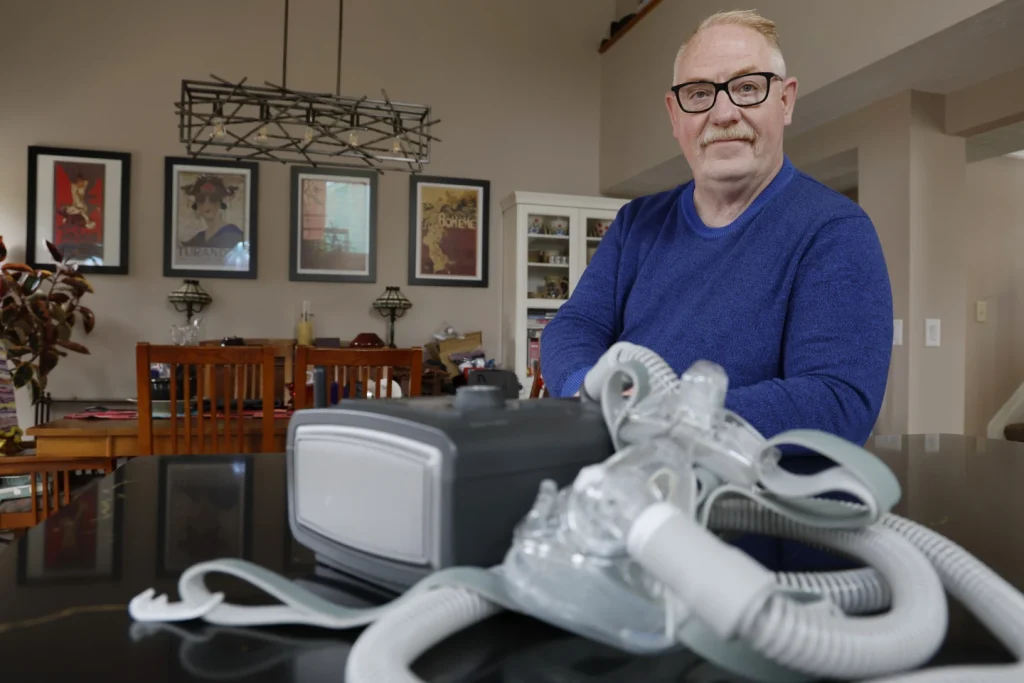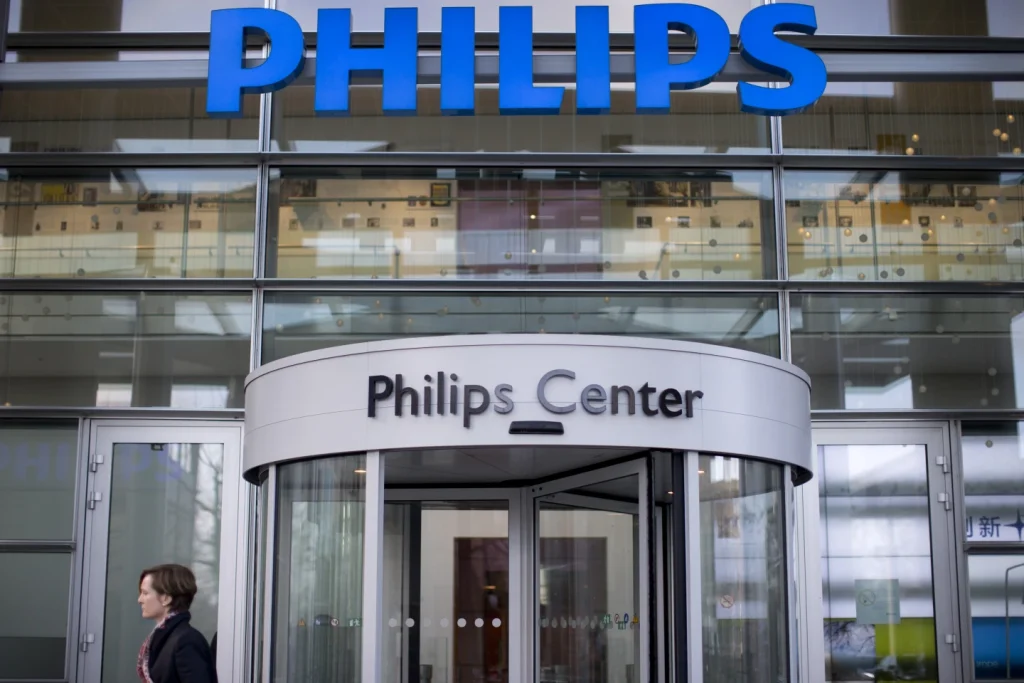The recent announcement by Philips, a global leader in healthcare technology, regarding the cessation of sales of sleep apnea machines in the U.S. due to safety concerns has sparked widespread attention and raised critical questions about product safety, corporate responsibility, and regulatory oversight.
The decision comes in the wake of a global recall of over 5 million pressurized breathing machines, with the company facing potential costs nearing $400 million.
This essay seeks to delve into the implications of this development, examining the complexities surrounding product recalls, the role of regulatory agencies, and the imperative of upholding public health and safety.
The crux of the issue lies in the revelation that the internal foam of the sleep apnea machines may degrade over time, posing risks to users as they inhale particles and fumes during sleep.
Despite the company’s initial acknowledgment of the problem in mid-2021, the efforts to address the issue and provide suitable remedies have been protracted, causing frustration among patients in the U.S. and other affected regions.
This protracted timeline underscores the urgency of swift and effective responses in addressing potential health hazards associated with medical devices.
The tentative consent decree between Philips and the Food and Drug Administration (FDA), along with the Department of Justice, represents a significant step towards addressing the situation.
Under this agreement, Philips is slated to cease the sale of new machines in the U.S. until it fulfills the corrective actions stipulated by the FDA.
The company has earmarked a substantial sum of $393 million for operational adjustments and upgrades aimed at compliance.
Philips has also pledged to prioritize safety and quality, emphasizing a heightened level of accountability in its operations.
The FDA, as the primary regulatory authority overseeing medical device safety, assumes a pivotal role in ensuring that products meet stringent safety and efficacy standards.
The agency’s vigilance in issuing warnings about the potential health risks associated with the degraded foam in the sleep apnea machines, including the possibility of ingestion-related complications and rare instances of overheating leading to fires, underscores the critical function of regulatory oversight in safeguarding public health.
The Philips sleep apnea machine recall serves as a poignant case study highlighting the intricate interplay between corporate responsibility, regulatory compliance, and public health imperatives.
It underscores the imperative for companies to proactively identify and address product safety concerns, prioritize transparency, and expeditiously implement corrective measures.
Simultaneously, it underscores the critical role of regulatory agencies in diligently monitoring and addressing potential risks associated with medical devices, thereby upholding public trust and safety.
In conclusion, the Philips sleep apnea machine recall and the subsequent decision to halt sales in the U.S. underscore the multifaceted considerations surrounding product safety, corporate accountability, and regulatory oversight.
This development serves as a clarion call for heightened vigilance, transparency, and expeditious action in addressing potential health hazards associated with medical devices.
It also underscores the pivotal role of regulatory agencies in safeguarding public health and underscores the imperative of fostering a culture of unwavering commitment to safety and quality in the healthcare technology industry.
In 2022, the FDA undertook an uncommon measure by compelling Philips to intensify its efforts in communicating with customers regarding the recall, emphasizing the necessity for “clearer information about the health risks of its products.”
During that period, the agency approximated that only about half of the individuals in the U.S. who possessed affected machines were aware of the recall.
Numerous customers striving to secure reimbursements or obtain new or refurbished devices from the company have voiced grievances about experiencing prolonged delays lasting several months.
The majority of the recalled devices are continuous positive airway pressure (CPAP) machines, which function by directing air through a mask to maintain open airways during sleep.
Additionally, the company has recalled specific lines of ventilators and other respiratory devices. Left untreated, sleep apnea can result in individuals ceasing to breathe numerous times throughout the night, leading to hazardous drowsiness and an elevated risk of heart attacks.
This issue predominantly affects men, with estimates indicating that between 10% to 30% of adults may be impacted.
Recently, Philips has once again referred to studies commissioned by the company, which suggest that inhaling foam from its machines is “unlikely to result in appreciable harm” to patients. Furthermore, the company has terminated the production of several of the recalled models.
The recent announcement made by Philips does not bring an end to the 675 personal injury lawsuits that have been filed against the company over its devices.
These cases have been consolidated in a federal court in Pennsylvania, indicating that the legal battle is far from over for the company.

In addition to the lawsuits in the United States, Philips is also facing similar legal challenges in other countries such as Canada, Australia, Israel, and Chile, as per the company’s update.
This widespread legal trouble presents a significant challenge for Philips, as it not only has to navigate the complexities of multiple legal systems but also deal with the potential financial implications of these lawsuits.
It is clear that the company will have to devote significant resources and attention to resolving these legal challenges in order to mitigate the impact on its operations and reputation.
